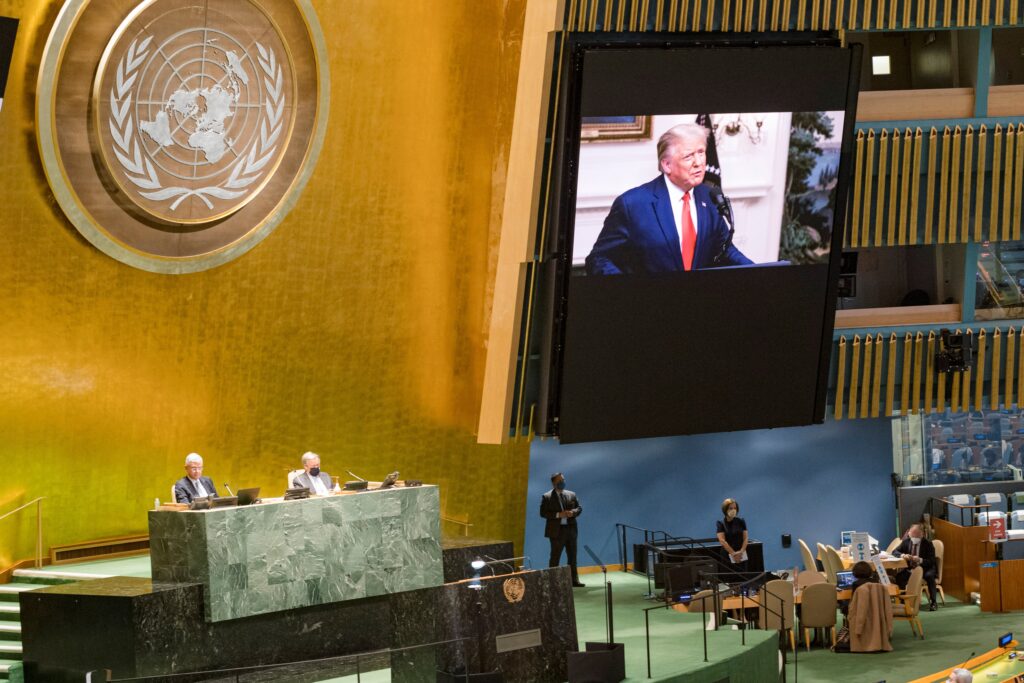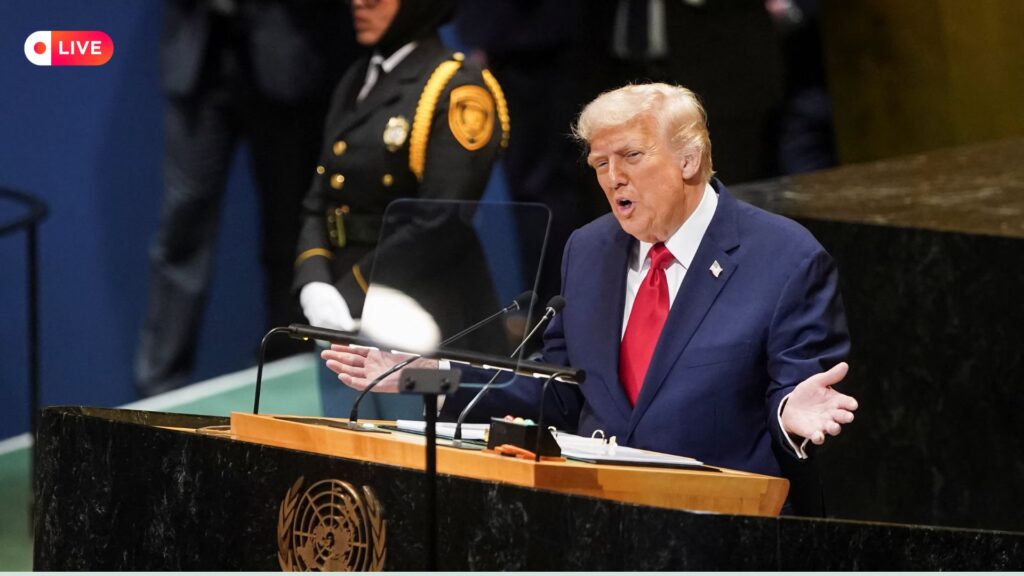When President Donald Trump addresses the UN General Assembly on Sept. 23 for the first time since returning to office, the businessman at the height of his political power will likely have little to offer a weakened United Nations and worried allies.
Trump is expected to use his platform to take a victory lap on a handful of smaller conflicts he says he solved as U.S. allies seek answers about Gaza, Ukraine, and America’s role in the overseas wars.
“Nobody’s done a better job than I’ve done on world peace. Nobody’s settled so many wars as I have,” Trump said on Sept. 19. “You know, I’ve been here probably a little bit more than eight months and I’ve settled seven. And that doesn’t include the destruction of a vast potential nuclear disaster in Iran.”

The main concern that allies have right now is what one European diplomat, who spoke on the condition of anonymity to discuss a sensitive topic, described as unpredictability coming from the United States in trade relations and military support for Ukraine.
What is Trump’s strategy for the Middle East, the person questioned. Will he respond to countries such as France, Australia, Canada, Great Britain, and Belgium using the annual gathering to recognize a Palestinian state?
“I hope we hear not only condemnation of aggressors but also President Trump’s idea for the international order,” Polish foreign minister Radosław Sikorski said in an interview, hours after he accused Russia of a “lust for domination” at an emergency meeting of the U.N. Security Council. “This body is not ideal, but it’s the only one we’ve got. And alternatives are probably worse.”
Russia is a permanent member of the Security Council, but Eastern European countries accuse Moscow of illegally invading their airspace.
Trump initially cast a recent incursion of 19 Russian drones into Poland as a mistake. But last week, after Russian fighter jets crossed into Estonia, Trump said he’d consider helping the NATO allies.



